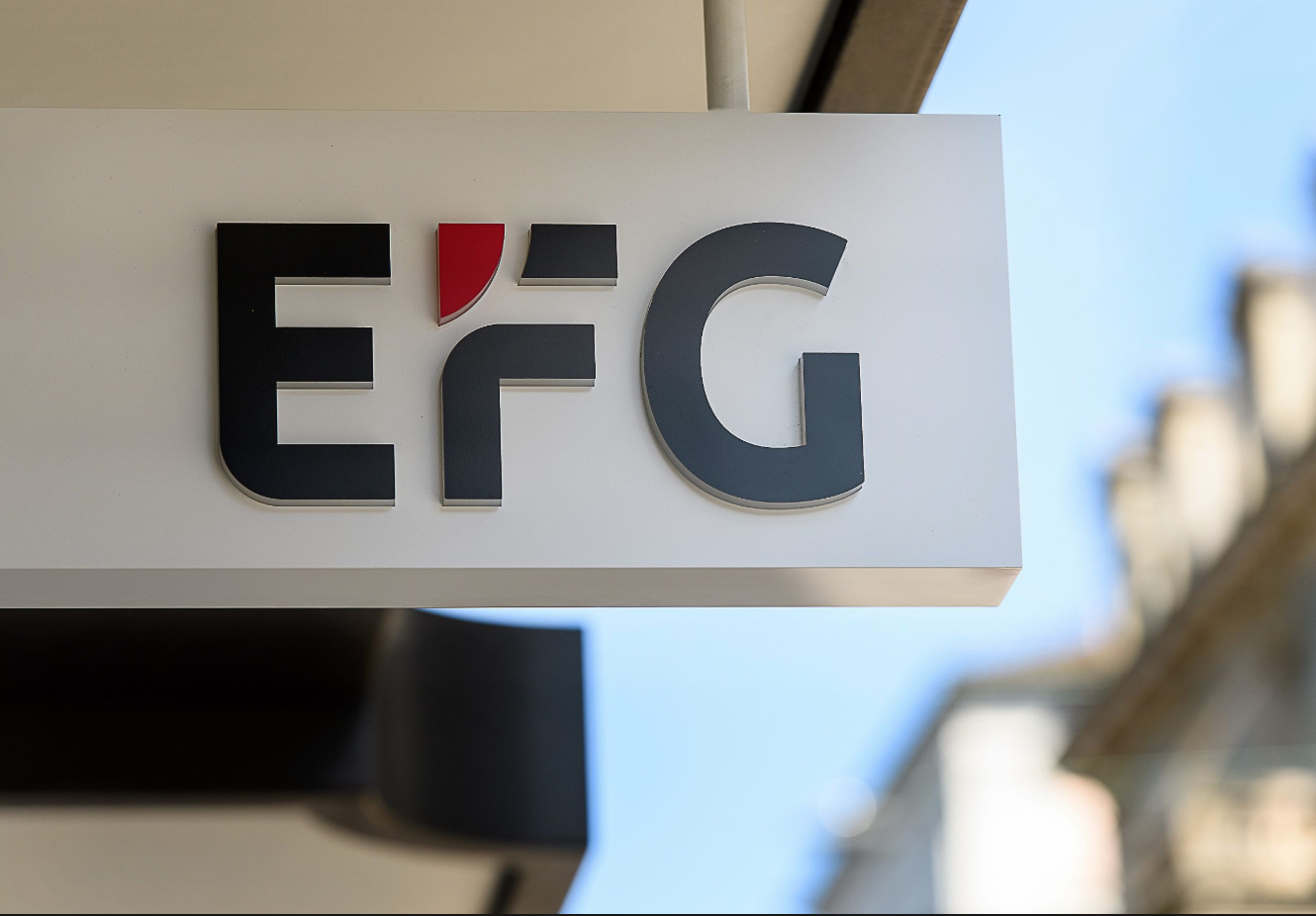Financial Results
Change At Top Of EFG International; Group's Underlying Profit Rose In H1

As with many other financial institutions reporting results, AuM was hit by the fall to global markets from the start of 2022.
EFG International late last week proposed to install senior private banking figure Alexander Classen as its new chair, taking over from Peter Franconi, who has decided to step down in October for personal reasons.
Another prominent figure in Switzerland’s banking sector, former Pictet and Julius Baer figure Boris Collardi, will be proposed as a non-independent member of the board of directors at the same meeting, following his board nomination as announced on 29 April.
Classen has served as chief executive and country head of
Switzerland of HSBC
Private Bank (Suisse) since 2018 and has now resigned from
this post, effective 30 September 2022. Prior to that, he was
managing partner at Bedrock, an investment and
advisory firm based in Geneva. From 2011 to 2015, Classen was CEO
of Coutts International. Additionally, he spent four years with
Morgan Stanley International as head of private wealth management
EMEA and he ran Goldman Sachs Bank AG Zurich as general manager
from 2000 to 2006. At Pictet, where Alexander Classen started his
career as a portfolio manager and private banker in 1985, he
acted as local CEO in Singapore from 1995 to 2000.
Results
The firm reported an underlying net profit of SFr115 million
($118.9 million) for the six months to the end of June, rising
from SFr82.3 million a year earlier and SFr85.5 million in the
preceding half-year period. On an IFRS accounting
basis, the net profit of SFr100.3 million fell by 5.8 per cent
year-on-year; in the first half of 2021, IFRS net profit included
a "significant positive impact" from the settlement with
Transamerica, EFG said.
The Zurich-listed group, which operates in several regions, said its underlying cost/income ratio narrowed to 77.3 per cent from 79.6 per cent a year ago and was down from 80.3 per cent in the preceding six months.
Operating income for H1 2022 slipped slightly to SFr603.9 million, from SFr629.3 million a year before; operating costs fell to SFr477.1 million from SFr492 million in the preceding six months, but were up a touch on a year ago.
The firm had a Common Equity Tier 1 ratio – a common global measure of a bank’s capital buffer – of 14.8 per cent, down from 16.5 per cent a year ago.
Assets under management fell to SFr155.8 billion at end-June 2022, down from SFr172 billion; net new assets decelerated to SFr1.7 billion from SFr4.2 billion.
EFG’s headcount shrunk to 2,920 from 3,019 over the 12-month reporting period.
“We have maintained our positive growth momentum and generated further operating leverage, despite considerable economic uncertainty and subdued client activity. Our underlying profitability has further improved, with revenues starting to benefit from rising interest rates. We remained close to our clients as a trusted partner, helping them navigate a truly challenging environment,” Giorgio Pradelli, CEO of EFG International, said.
"A high level of uncertainty persists. In addition to concerns about the war in Ukraine, markets remain volatile due to the highest inflation rates seen in the last 40 years. Nevertheless, we expect that rising interest rates will continue to support our top line and we expect our revenue margin to be above 80 basis points in the months ahead,” he added.